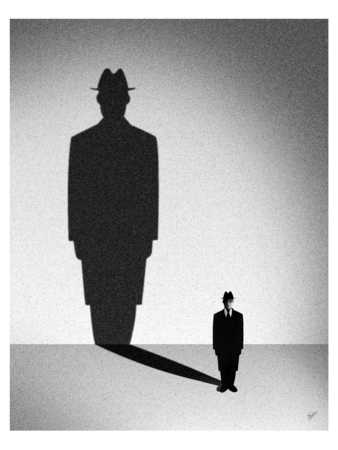
I credit my Father with my advanced (for my age) ability to articulate my thoughts and ideas effectively.
He taught me early on the value of good communication and himself gives it credit, for a large part of his success in life. As he tends to cast a very large shadow, with little apparent effort, I believe him.
One of the core ideas that he told me early on, was the idea of reverse-engineering. Similar to reverse psychology, it involves taking a sentence that one speaks, pretending one is now the listening, and discerning all the ways such a sentence could be understood. Supposedly, if someone is a level 10 communicator, what they say could be taken 10 different ways*. If someone is a level 50 communicator, what they say could be taken 5 different ways. If someone is a level 90 communicator, what they say could be taken 2 different ways. At level 100, if you follow the analogy, what you say could be taken but one way: the way you meant it.
And if you think about it – this concept is not a new one. Rather it’s one that’s not often reflected upon, at least not directly, When someone tells you to “consider your audience”, as is common advice for writing a speech, they’re telling you figure out where someone comes from. That way, knowing a certain few particulars about an audience, you can narrow down the ways they might interpret things you say. Knowing your audience can raise you anywhere from 5 to 10 to even 20 points on the 100-point communicator level scale**.
Politicians and public personalities, be they government, military, or private, all are dearly acquainted with this concept. Should one person let the wrong thing slip or say something slightly wrong – and boom – they’re under fire. At least, only metaphorically, unless you don’t live in a ‘free’ country. Nowadays, however, with the advent of political incorrectness, the average person is becoming familiar with this idea whether they like it or not, lest they draw the ire of the politically crowd SJW mob.
Finally – the most important point is that the responsibility always lies on the speaker, the writer, not the listener, or reader, for comprehension. No one can know the speaker’s mind, so it is up to the speaker to articulate himself as clearly and concisely as possible. Should the listener not understand the speaker in the manner desired, it’s the speaker’s responsibility to correct that. Rightly, or wrongly, that’s just the way things are.
~Wald
*This applies to actions too.
**Fictional scale that my Father made up to explain his point.



